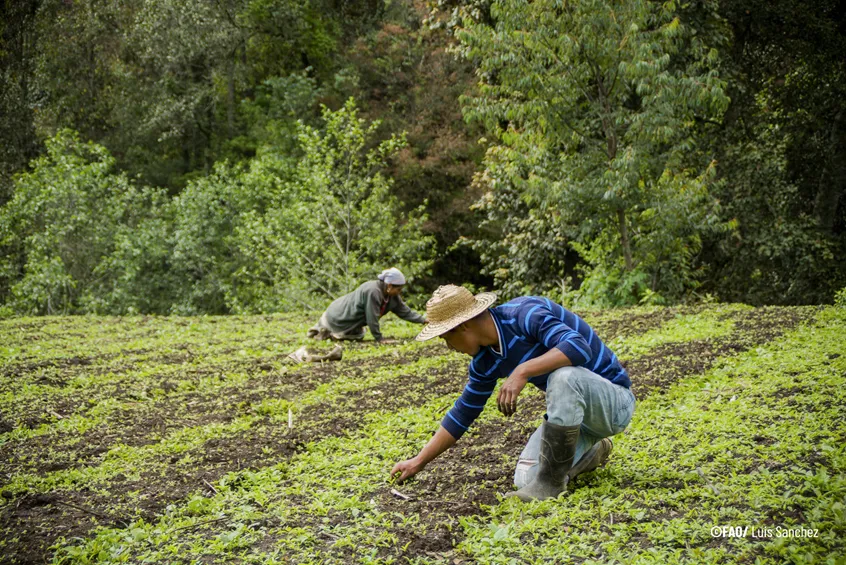Agriculture is much more than agronomic practices and production of agricultural and livestock foods, although it is an activity established purely in natural spaces, those who have a farm consider it a company because it requires a series of processes to obtain an optimal production of the established items, in the same way, agriculture is considered a fundamental pillar on which stable and prosperous societies are built. Since, its importance lies in various aspects, among which stand out:

| Food Security |
|---|
- Primary food source: Agriculture provides most of the food we consume, from basic grains to fruits and vegetables.
- Food sustainability: Guarantees a stable and continuous supply of food, reducing dependence on imports and ensuring the food sovereignty of nations.
- Nutrition: Contributes to a balanced and healthy diet, preventing diseases related to malnutrition.
| Rural Economy |
|---|
- Employment generation: Agriculture is an important source of employment in rural areas, especially in developing countries.
- Local economic development: It boosts the economy of rural communities, generating income and strengthening local markets.
- Added value: Through the industrialization of agricultural products, added value is created and sources of income are diversified.
| Sustainable Development |
|---|
- Conservation of natural resources: Sustainable agricultural practices help to conserve soil, water and biodiversity.
- Climate change mitigation: Agriculture can contribute to mitigating climate change by capturing carbon and reducing greenhouse gas emissions.
- Climate change adaptation: Resilient agricultural practices help farmers adapt to the impacts of climate change, such as droughts and floods.

There are also relevant aspects such as culture and identity, since agriculture is deeply rooted in the culture and identity of many societies, being transmitted from generation to generation. In addition to social development, it contributes to improving living conditions in rural areas, facilitating access to basic services and strengthening communities.
In summary, agriculture is a strategic sector that impacts on multiple dimensions of human life. From ensuring food security to promoting sustainable development, agriculture plays a crucial role in building a more just and equitable future for all. Despite its importance, agriculture faces numerous challenges, such as climate change, water scarcity, soil degradation and pests. However, there are also numerous opportunities to improve the productivity and sustainability of agricultural systems, through the adoption of innovative technologies, the promotion of research and development, and the strengthening of public policies.
Thank you for reading our articles, until a next publication.
Sources
- Photography and images: The cover photograph is the property of the author @ amestyj and the second photograph is in the public domain information that can be verified in the link that is at the bottom of the photograph.
- Agrotecnia banner: made by the author @amestyj with own images
- Hive Banner: Designed by the author @amestyj with image owned by hive.


